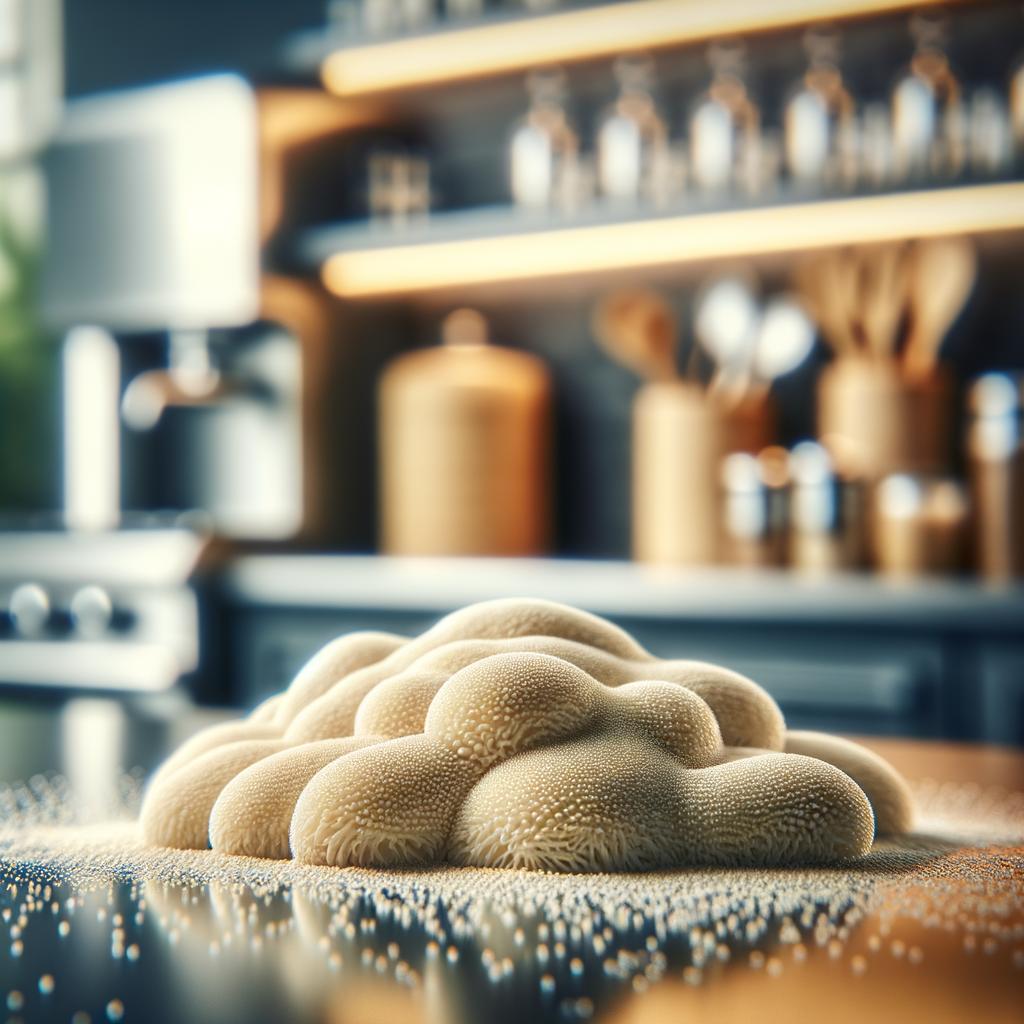Yeast

Description
Yeast, a tiny, single-celled organism, is an ingredient of mystery and magic. It's a microscopic fungus, invisible to the naked eye, yet its impact in the culinary world is immense. Yeast is usually found in the form of small, dehydrated granules, pale beige in color, with a texture akin to fine sand. It has a distinct, slightly nutty aroma, and when activated, it imparts a unique, slightly tangy flavor. The most unique characteristic of yeast is its ability to ferment sugars, producing carbon dioxide and alcohol, which is the cornerstone of baking and brewing.
Primary Uses
Yeast is a culinary powerhouse, used predominantly in baking and brewing. It breathes life into dough, causing it to rise and create the fluffy, airy texture we cherish in bread, pastries, and other baked goods. It's a key component in a variety of cuisines, from the crusty baguettes of France, the soft naan breads of India, to the sweet cinnamon rolls of America. In brewing, yeast plays a vital role in fermenting sugars to produce alcohol, making it indispensable in the production of beer and wine. Beyond its culinary uses, yeast also has a role in science as a model organism for studying cell biology.
History
Yeast has a romantic and intriguing history, intertwined with the story of human civilization. Its use can be traced back to ancient Egypt, where it was used in baking and brewing as early as 4000 BC. The Egyptians revered yeast, considering it a gift from the gods, and its use was often surrounded by rituals and ceremonies. Over centuries, the art of using yeast spread across the world, evolving with every culture it touched. In the Middle Ages, yeast became the center of various folklores, often associated with good luck and prosperity. It wasn't until the 19th century, with the work of Louis Pasteur, that the science behind yeast's magical properties was understood, revolutionizing the world of baking and brewing.
Nutritional Information
Despite its humble size, yeast is a treasure trove of nutrition. It's rich in B vitamins, including thiamin, riboflavin, niacin, pantothenic acid, and folic acid, all essential for energy production and cognitive function. It also contains a good amount of protein and fiber. Consuming yeast can support a healthy immune system and may aid in maintaining good skin, hair, and eye health. However, due to its ability to produce gas, it can cause discomfort in people with certain digestive disorders. When compared to similar leavening agents like baking powder and baking soda, yeast stands out for its nutritional content and unique flavor it imparts to foods.

